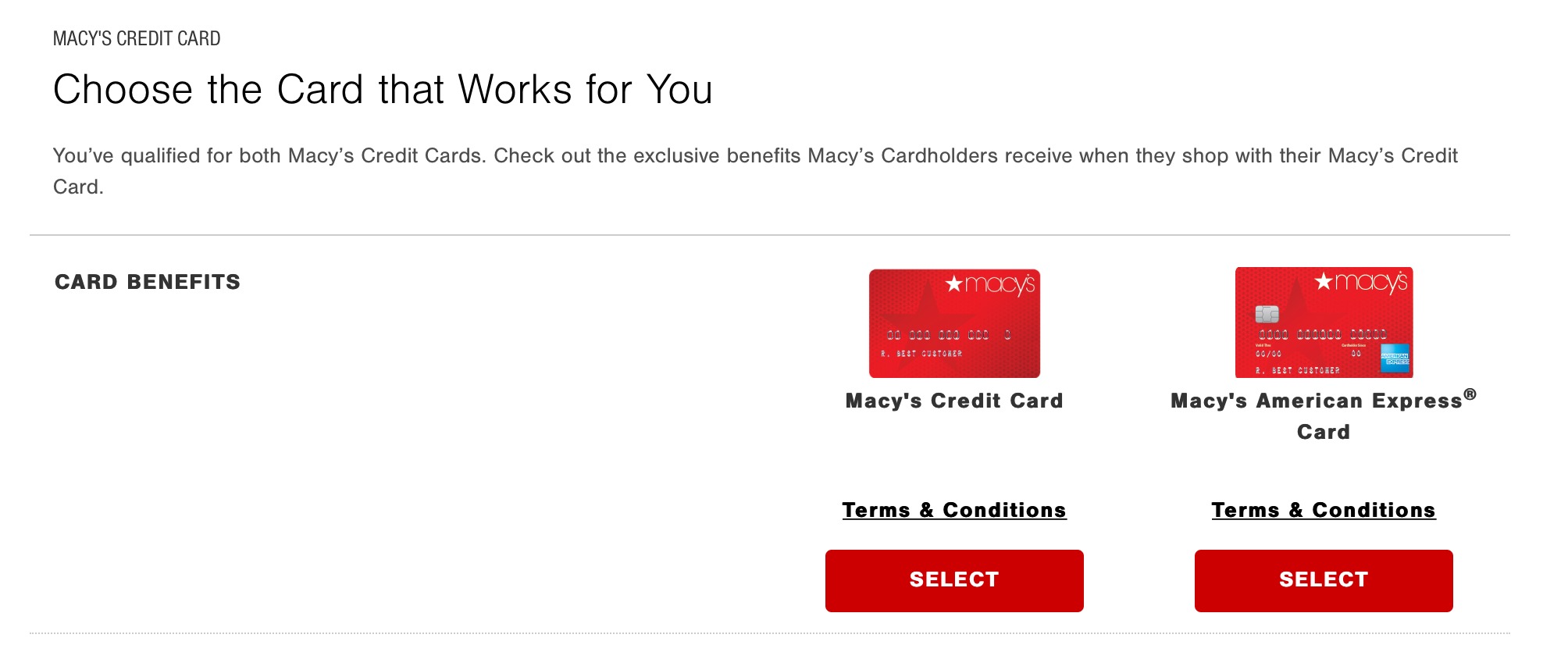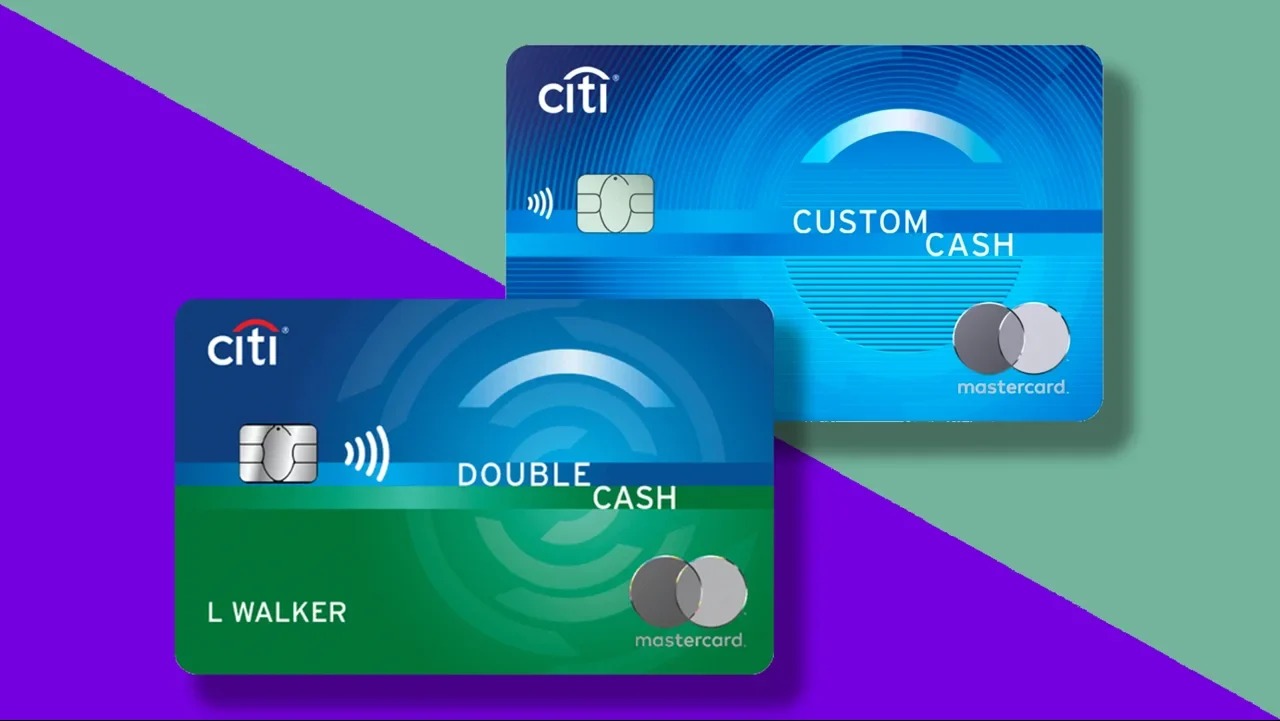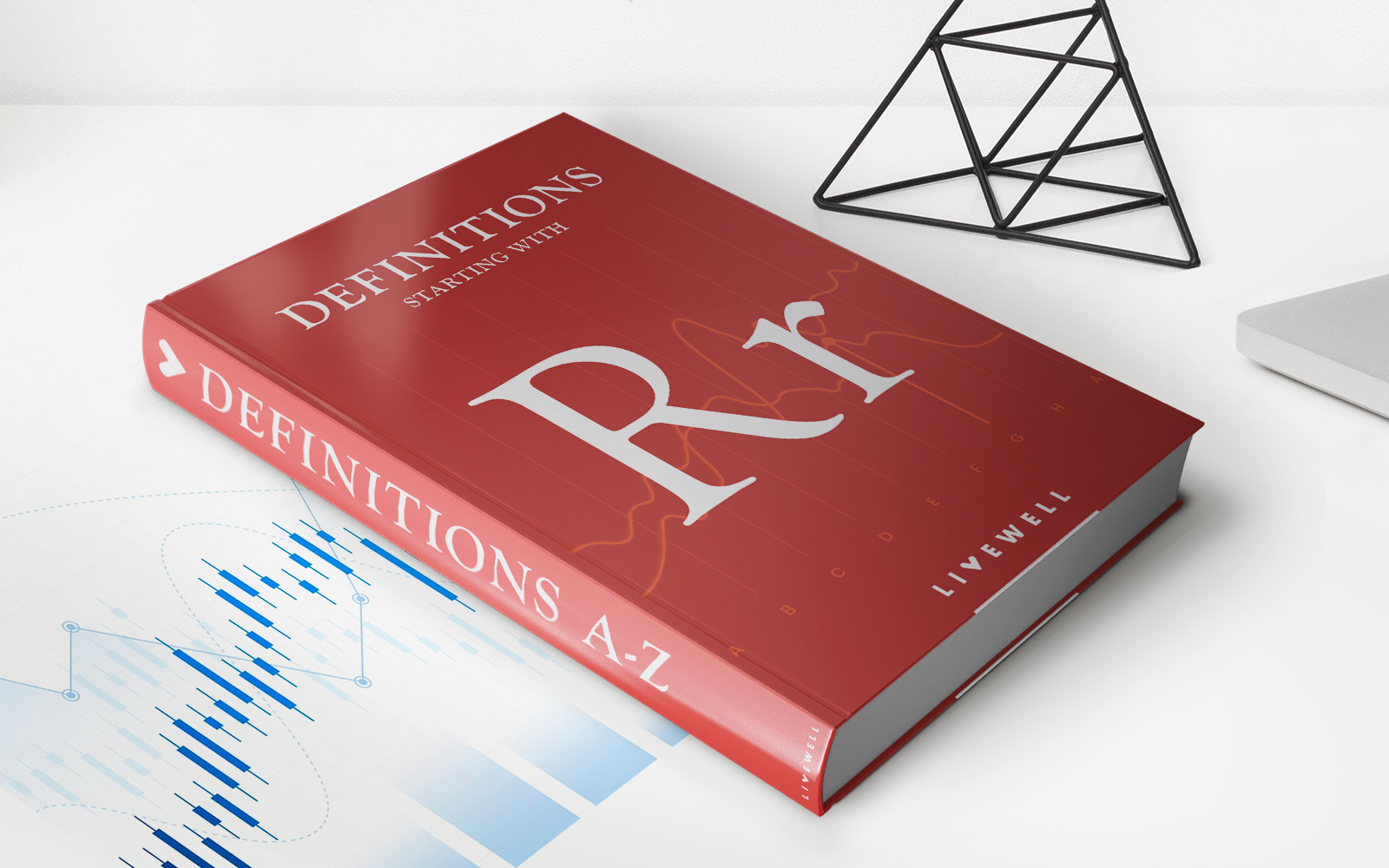Home>Finance>Year-End Bonus Definition, Who Gets It, When, And Why?


Finance
Year-End Bonus Definition, Who Gets It, When, And Why?
Published: February 19, 2024
Discover the definition of a year-end bonus in finance, who is eligible to receive it, when it is typically awarded, and the reasons behind this financial incentive.
(Many of the links in this article redirect to a specific reviewed product. Your purchase of these products through affiliate links helps to generate commission for LiveWell, at no extra cost. Learn more)
Year-End Bonus Definition, Who Gets It, When, and Why?
When the year draws to a close, many employees are eagerly anticipating that extra boost to their bank accounts – the year-end bonus. But what exactly is a year-end bonus, and who gets it? In this blog post, we will dive into the definition of a year-end bonus, explore who typically receives it, discover when it is usually disbursed, and understand why companies choose to give this bonus to their employees. So, let’s get started!
Key Takeaways:
- A year-end bonus is a monetary incentive provided by employers to reward and motivate employees for their hard work and contributions throughout the year.
- Year-end bonuses are typically given to employees at the end of the fiscal year or around the holiday season.
What is a Year-End Bonus?
A year-end bonus, also known as a holiday bonus, is an annual monetary bonus given to employees by their employers as a token of appreciation for their dedication and efforts throughout the year. It is a way for companies to acknowledge and reward their employees’ hard work, productivity, and commitment, ultimately boosting employee morale and loyalty.
The amount of a year-end bonus can vary depending on several factors, such as the company’s financial performance, individual and team achievements, and the employee’s position within the organization. It can be a fixed amount or a percentage of the employee’s annual salary.
Who Gets a Year-End Bonus?
The eligibility for a year-end bonus can differ from one company to another. While some organizations provide year-end bonuses to all employees, others may target specific groups or individuals based on certain criteria. Generally, year-end bonuses are more commonly given to full-time employees rather than part-time or seasonal staff.
Employees who have completed a full year with the company and have met performance expectations are more likely to receive a year-end bonus. However, it is essential to note that eligibility and bonus amounts can vary across different industries and organizations.
When is a Year-End Bonus Disbursed?
Year-end bonuses are typically distributed at the end of the fiscal year, which coincides with the calendar year for many companies. However, some organizations disburse these bonuses earlier, often around the holiday season, to provide employees with extra financial support during the festivities.
The exact timing of a year-end bonus can vary from company to company. Some organizations choose to distribute bonuses in a single lump sum, while others may spread them out over several pay periods. It is essential for employees to check their company’s policies and communications regarding the specific timing and mode of bonus disbursement.
Why Do Companies Give Year-End Bonuses?
Companies choose to give year-end bonuses for various reasons, all aimed at enhancing employee satisfaction and motivation:
- Rewarding Hard Work: Year-end bonuses are a tangible recognition of employees’ contributions to the success of the company throughout the year.
- Increasing Employee Morale: By providing a year-end bonus, companies can boost employee morale, creating a positive work environment and fostering loyalty.
- Retention and Incentives: Year-end bonuses can serve as incentives to encourage employees to stay with the company, reducing turnover rates and attracting new talent.
- Showing Appreciation: Giving year-end bonuses is a way to express gratitude towards employees who have invested their time and efforts into the company’s growth.
In Conclusion
A year-end bonus is a valuable reward given by companies to employees, acknowledging their hard work and dedication. It serves as a token of appreciation and motivation, fostering a positive work environment and enhancing employee retention. While the eligibility and timing of year-end bonuses can vary, the sentiment behind them remains constant – to celebrate the collective achievements of employees and recognize their valuable contributions throughout the year.














